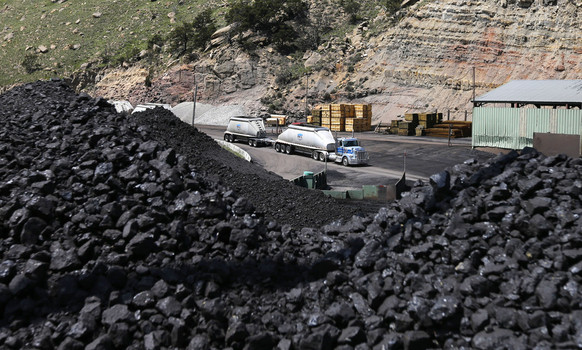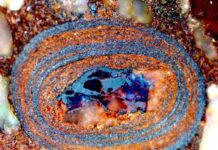Scientists from the University of Colorado, the University of Michigan, NOAA (the National Oceanic and Atmospheric Administration) and NASA are now working to find out why a methane cloud the size of Delaware has settled over the four corners area where Arizona, Utah, New Mexico and Colorado meet.
Although methane is produced by large herds of cattle, the gas is more likely a result of heavy coal mining and gas drilling in the San Juan Basin, considered to be the US’s “most productive coal bed methane extraction region.” In fact, the Navajo nation has long been at odds with the Peabody Coal Mining Company over what it has been doing to their health for decades.
Methane is known to be “20-times more potent as a greenhouse gas than carbon dioxide, and has come under increasing scrutiny, particularly in areas now using fracking to collect oil and natural gas. While pockets of natural gas (which is 95-98% methane), tend to burn-off through “flaring,” environmentalists note that much greater amounts of methane is being released by increased fracking than previously realized. In addition, it was noted that hydrocarbon emissions which can produce ozone filled smog linked to asthma and other respiratory illness, is often produced along with methane from drilling and mining. However, health officials currently maintain that the methane cloud over Four Corners “does not pose a health or safety” threat to residents.
While the cloud has been spotted from space by NASA, as well as European and Japanese satellites, a closer investigation here on Earth is scheduled to begin using instruments in planes and vans to study any changes occurring in its levels















